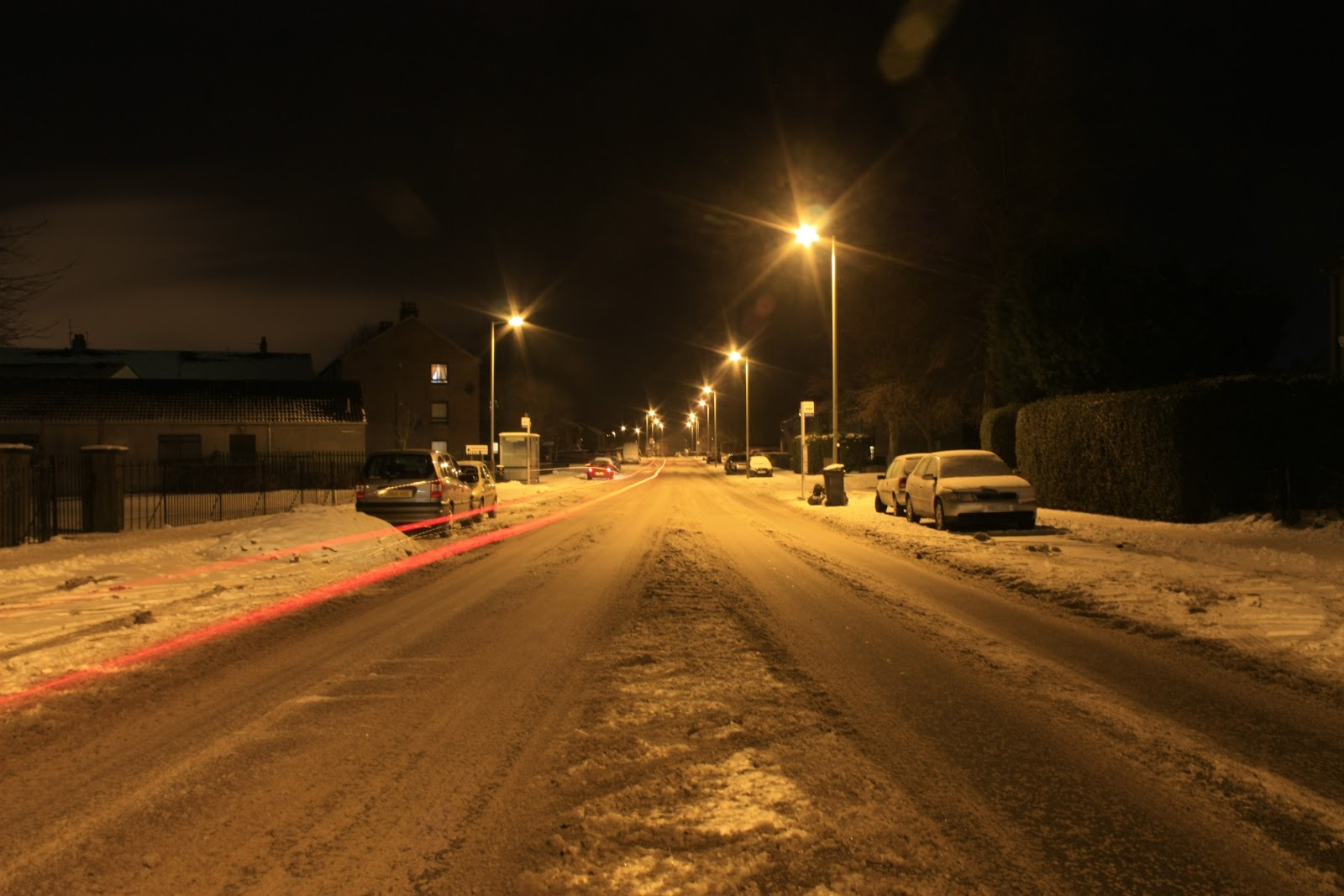Despite the winter months being more hazardous to drive in
where we live, most people do much of their traveling during this time. Whether
you are driving or flying, going to visit family for the weekend or going on
vacation for the week, here are some tips to keep you and your home safe.
Driving
1.
Make sure you prepare the car. This means
checking all fluids (don’t forget the windshield wiper fluid), making sure your
wiper blades are in good working order and that your tires are properly
inflated and have enough tread on. For maximum visibility, clean your windows and
make sure all lights are working.
2.
If anything were to happen, however, it is
always a good idea to have a preparedness kit. Items such as a basic first aid
kit, protein bars and water, an emergency blanket and warming packs,
flashlight, hand sanitizer, road flares, jumper cables, and a gas can be life
savers. Mini survival kits are also handy, including duct tape, zip ties, a
heavy-duty garbage bag, mirror, fire starters, and rope.
3.
Be aware of the driving conditions. Use low
gears instead of braking as much. Increase distance between cars by at least
2x. Check the weather report before heading out and know your route. And brush up on your knowledge of recovering
from slides and skids (here is a good place to start).
And most importantly, slow down.
4.
Driving during the winter is more tiring. So
make sure you are well rested before you even start the trip. And during the
trip make sure that you take frequent rest stops to stretch, walk around, and
grab a drink or a bite to eat. Staying hydrated and fed is also important! (Fun
fact: One bottle of chilled water and an apple are more effective energy
substitutes than one can of Energy Drinks)
Flying
1.
Your flight might get delayed. Better safe than
sorry. So pack your necessities in your carry on such as extra clothes and
small toiletries. If room permits, it is also a good idea to pack a small
blanket and pillow and busy work, such as crosswords or a book, to keep you
sane during the delay. And be proactive during flight delays; don’t only stand
in line waiting for the next available departure time. Call customer service at
the same time—you might be on hold for a while but the line isn’t getting any
smaller. This doubles your chances of getting on an earlier flight.
2.
If you are going out of country, check with the
state department travel site for current travel warnings or advisories.
Leaving Home
1.
Burglarproof your home. Unfortunately the
holidays also bring out the burglars; people are travelling and there are lots
of high-ticket items in many homes. Don’t leave large boxes outside your
doorstep or your garbage overflowing showing off all your new stuff. Ask a
neighbor or friend to pick up your mail or the post office to hold it as this
is the first things that potential crooks look for. Have someone check in on
your house every so often depending on the length of your trip (this makes your
door seem more trafficked as well as keeps your mind at ease). Lastly, don’t
advertise your travel plans, but do let a close friend know how to contact you
if absolutely necessary.
2.
Remember shutting off everything and locking up.
Make a checklist and when you’ve shut everything off say it out loud; you are
much more likely to remember the action if it has been spoken. And if all else
fails, use some creative trickery. Put a bright sticky note on the still-on
coffee pot that has to be removed to shut it off. Wear your watch on your
opposite wrist and only change it over when the oven is off.
Surviving the Family
1.
Opt for a hotel if you really need to. For
families that don’t spend much time together for a reason, the holidays can be
the test of al tests. The extra money spent on a hotel will seem worth it in
the end if it keeps the family sane. And if there is a houseful of guests already,
some hosts might be appreciative that there is one less family to worry about
(as long as you are footing the bill).
2.
Try to find the positive. The holidays are a
time to remember what you are thankful for. While it may be hard sometimes, try
to remember that in the large scheme of things, your mother-in-law commenting
on your cooking skills isn’t such a big deal.
3.
When all else fails, do the dishes. Just make
sure that they are clean.


No comments:
Post a Comment